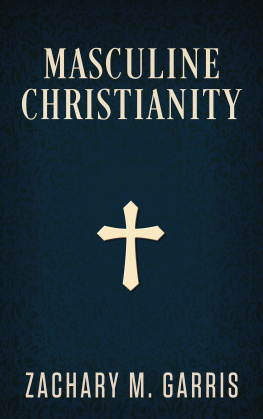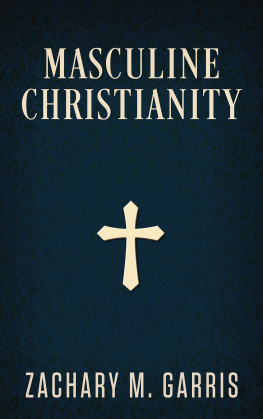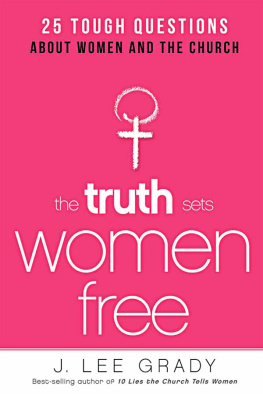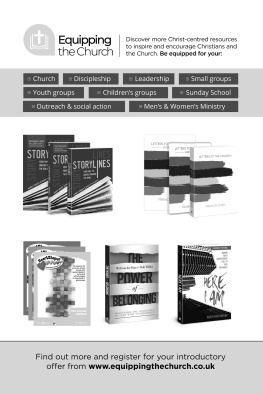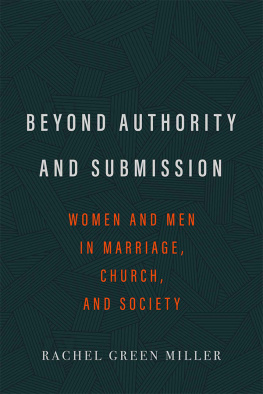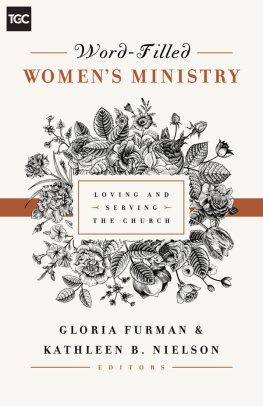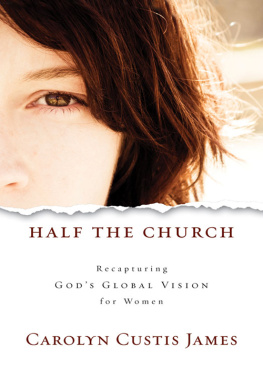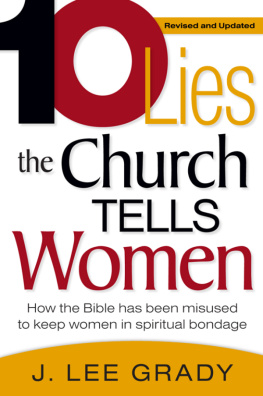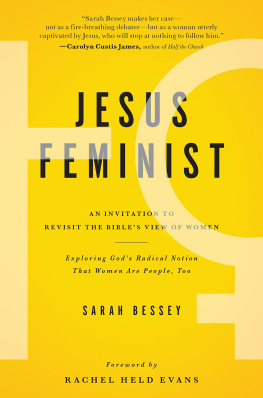Masculine Christianity
2020, 2021 Zachary M. Garris
Published by Reformation Zion Publishing
Ann Arbor, Michigan
www.reformationzion.com
All rights reserved. No part of this book may be reproduced, stored in a retrieval system, or transmitted in any form by any means, electronic, photocopy, recording, or otherwise, without the prior written permission of the author, except for brief quotations in reviews and articles.
Unless otherwise indicated, Scripture quotations are from the ESV Bible (The Holy Bible, English Standard Version), copyright 2001 by Crossway, a publishing ministry of Good News Publishers. 2016 Text Edition. Used by permission. All rights reserved.
Scripture quoted by permission. Quotations designated NET are from The NET Bible copyright 1996, 2019 by Biblical Studies Press, L.L.C. http://netbible.com. All rights reserved.
Published 2021.
First edition published 2020. Revised edition 2021.
ISBN: 978-1-7354739-7-0
To Sara,
who is far more precious than jewels (Proverbs 31:10).
INTRODUCTION
Do we really need another book on biblical manhood? I obviously think the answer is yes. There are many books available on the subject of biblical manhood, and there are even more debating the Bibles teaching on gender roles. However, these books usually fall into one of two categories: (1) popular-level works focused on practical application with minimal interaction with the biblical text, and (2) academic-level works debating gender roles that are of little interest to the majority of readers.
Bridging the Gap
I myself love to read, sometimes even dense books, yet I was in no rush to dive into the academic literature on gender roles. I read many of these books and articles solely in preparation for this book. How much less likely is it that the average Christian will pick up a book debating 1 Timothy 2? There is certainly a gap here between academia and the church.
Many pastors have Recovering Biblical Manhood and Womanhood by John Piper and Wayne Grudem on their bookshelves, and it is a helpful resource in many ways. However, it is a large collection of essays that few will read straight through. And because it is a collection of essays by different authors, it lacks cohesion. Moreover, I think the book deviates from some historic Christian views (as will be shown throughout this book). Most pastors also turn to commentaries when addressing important Bible passages on gender roles, but this task invites problems. For much of modern biblical scholarship, including Bible commentaries, is either outright feminist or at least casts doubt on Scriptures teaching that men have authority in the home, church, and society.
Most Christians, pastors included, are more likely to read a popular-level book on biblical manhood and womanhood. Some of these are truly helpful, though many focus on practical living and the spiritual disciplines. I am not aware of many popular-level books that dig into the important biblical passages on gender roles, especially from a conservative view. This book seeks to bridge the gap between popular-level works and dry academics.
There are times where this book can get technical (especially chapters 8 and 9), including interacting with Greek and Hebrew. This is inevitable when interpreting the Bible. However, those who do not know the biblical languages should be able to follow most of the book just fine. I seek to explain things clearly and make the book interesting and readable. In doing so, I circumvent modern academia, much of which is rotten and filled with unbelieving scholarship. Many conservative academics are unwilling to publish in this area out of fear of controversy, and many publishing companies are unwilling to publish such conservative viewpoints.
Anti-Feminist and Patriarchal
There are two other reasons this book is a useful addition in my opinion. First, it is thoroughly anti-feminist. Many of the books written on gender roles in recent years are from a feminist/egalitarian perspective and attack the historic Christian views that a man has authority in the home and that only men may serve as pastors/elders in the church. This book affirms the historic interpretations and refutes the feminist revisions. It does not deal with critical feminists who dismiss passages of the Bible they do not like, but it engages evangelical feminists who claim to embrace the authority and inerrancy of the Bible. I assume the Bible is the inerrant Word of God. If someone rejects the teachings of the Apostle Paul, then that person rejects the God who sent him, and he is not a Christian in any meaningful sense of the term. That being said, evangelical feminism is not any better than critical feminism, as it too rejects the teachings of Gods prophets and apostles. Feminism is false teaching that distorts the Bibles instructions for godly living. This is not to be taken lightly as some secondary issue on which we can agree to disagree. God redeems men to live as godly men, and He redeems women to live as godly women. Distorting Gods design at creation and His goal in redemption is a grave error.
Second, this book goes further than most complementarian works (those defending male headship in marriage and male-only pastors/elders) by affirming some historic teachings that have largely been abandoned today. This includes the teaching that male authority is rooted in the differing natures of men and women and that there is a hierarchy of rank (not value) between the sexes. These terms make many modern people uncomfortable, but they are biblical concepts that are necessary for grounding proper relationships between men and women. This book also affirms the historic interpretation of 1 Corinthians 14:34-35 that women are not to speak publicly in the gathered worship assembly, a view that has been almost entirely rejected by complementarians (in favor of the interpretation that Paul only prohibited women from evaluating prophecy).
This work also contends that many of those holding to complementarianism today do not go far enough in applying gender roles to society, including the areas of civil government and the military. Part of this results from complementarianisms failure to properly and explicitly root gender roles in the differing natures and purposes of men and women. There exists a strong spirit of dichotomy between the church and society, leaving many Christians unwilling to say that sex distinctions and roles apply beyond the family and church. For all its positives, Recovering Biblical Manhood and Womanhood was mostly a defense of a narrow version of complementarianism (see chapter 3). The churchs failure to speak to gender roles more broadly is fueling societys sexual confusion. So part of this book is a critique of narrow complementarianism, advocating instead for a comprehensive and consistent biblical view of men and women where men rule in the home, church, and society.
Sadly, many complementarians come off as apologetic for holding such sexist views by modern standards, so they adopt egalitarian principles while carving out two exceptions because the Bible is just so obvious in these areas (husbands lead in marriage, and only men lead in the church). They also apologize for the abuses of patriarchy, as if the church has only demeaned women throughout its history rather than give them the highest status in all of human history. Contrary to this timid approach, the church should boldly embrace the Bibles hierarchical and anti-egalitarian teachings as good for both men and women and the cure to the unbelieving worlds sexual chaos. The church does not need a compromised and watered-down version of biblical teaching on men and women, but a robust, biblical theology.
Gender and Sex
I must make a brief note on the use of the term gender that is used throughout this book. A persons sex is biologically determined (either male or female), and gender is a social expression of this biological basis (masculine or feminine). However, many today misuse the word gender to refer to a social construct disconnected from biological reality, thus introducing the concept that a person can identify as a gender different from his or her biological sex (transgenderism). In order to avoid such confusion, I considered only using the phrase sex roles. But this runs into the problem of being limited only to male and female reproductive roles (such as a woman nursing children), and the Bible is concerned with far more than this.
Next page
